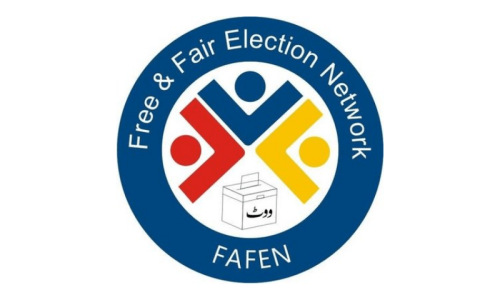LAHORE, Oct 14: Pakistani industries must start adopting strategies for sustainable development by switching to green technologies that involve biochemical processes, cleaner raw materials and decomposable waste matter.
These views were expressed by speakers on the first day of “Environment Asia 2008”, a conference on the development and investments in clean environment technologies and products at the University of Engineering and Technology here on Tuesday.
Low quality fuels, unfettered burning of raw solid waste and the unchecked growth of cars are contributing to a massive increase in air pollution, while the supply of natural fresh water is growing ever smaller.
“Last century was the century of development – this century must be a century of sustainable development,” said Prof AR Saleemi, chairman of UET’s Chemical Engineering Department, adding that the problems faced in this century were to be blamed on the excesses of the last.
Saleemi said a reliance on firewood had contributed to the world’s second highest rate of deforestation. The present environmental degradation has affected Pakistan’s economic growth, exports, quality of life and public health. Industries should start making use of wastewater treatment, solar energy, fuel cells and so-called ‘green’ chemical engineering, he added.
Federal Secretary on Environment Khusnood Akhtar Lashari said the government had declared year 2009 the “Year of Environment” and it would initiate conferences and awareness campaigns in line with the National Environment Policy, National Energy Conservation Policy and National Sanitation Policy.
Being a signatory to the United Nations Framework Convention on Climate Change (UNFCCC) in 1992 and the Kyoto Protocol in 2005, Lashari said Pakistan was ‘active’ in its commitments to tackle climate change despite contributing little to greenhouse gas emissions.
Punjab Minister for Agriculture Ali Ahmed Aulakh said less dangerous pesticides must be used in the interest of human health. He said the province could achieve the 20 million tonne target of wheat and provide water to farmers by adopting water management techniques. He said the government had prepared special programmes for conservation of water and its judicious use, including drip irrigation. There was a need to construct more mini dams to conserve water, he said, adding that judicious use of water in the agriculture sector would benefit farmers.











































Dear visitor, the comments section is undergoing an overhaul and will return soon.